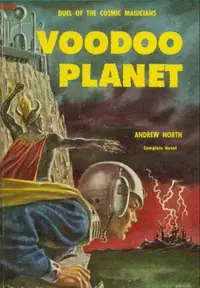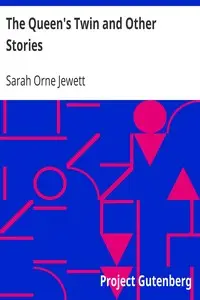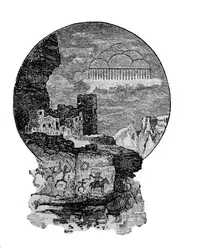"The Autobiography of an Ex-Colored Man" by James Weldon Johnson is a novel written during the early 20th century. The narrative unfolds the life of a biracial protagonist, who navigates the complexities of racial identity in early 1900s America, shedding light on the societal dynamics between blacks and whites. The story explores themes of self-discovery, identity, and the impact of prejudice, as the main character grapples with his position in a racially divided society. At the start of the book, the protagonist reflects on his secretive decision to divulge the story of his life, which is shaded by the tumultuous context of race relations in America. The opening chapters recount his childhood experiences in Georgia, his separation from his father, and formative moments that highlight the conflict between his mixed heritage and societal expectations. From nostalgic memories of his mother to poignant realizations of his racial identity during his school years, the narrative captures his journey through innocence to an increasingly complex awareness of the world around him. Johnson’s writing invites readers to witness the protagonist's struggle as he strives to forge his path and understand his place within the intricate tapestry of race in America. (This is an automatically generated summary.)

The Autobiography of an Ex-Colored Man
By James Weldon Johnson
"The Autobiography of an Ex-Colored Man" by James Weldon Johnson is a novel written during the early 20th century. The narrative unfolds the life of a...
James Weldon Johnson was an American writer and civil rights activist. He was married to civil rights activist Grace Nail Johnson. Johnson was a leader of the National Association for the Advancement of Colored People (NAACP), where he started working in 1917. In 1920, he was chosen as executive secretary of the organization, effectively the operating officer. He served in that position from 1920 to 1930. Johnson established his reputation as a writer, and was known during the Harlem Renaissance for his poems, novel and anthologies collecting both poems and spirituals of Black culture. He wrote the lyrics for "Lift Every Voice and Sing", which later became known as the Black National Anthem, the music being written by his younger brother, composer J. Rosamond Johnson.















